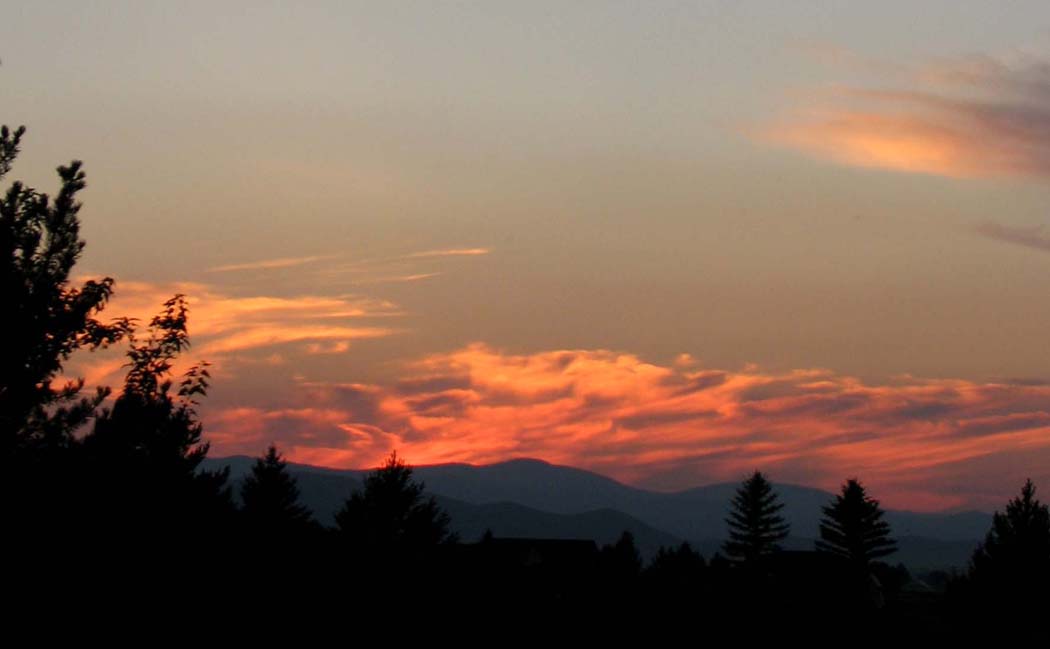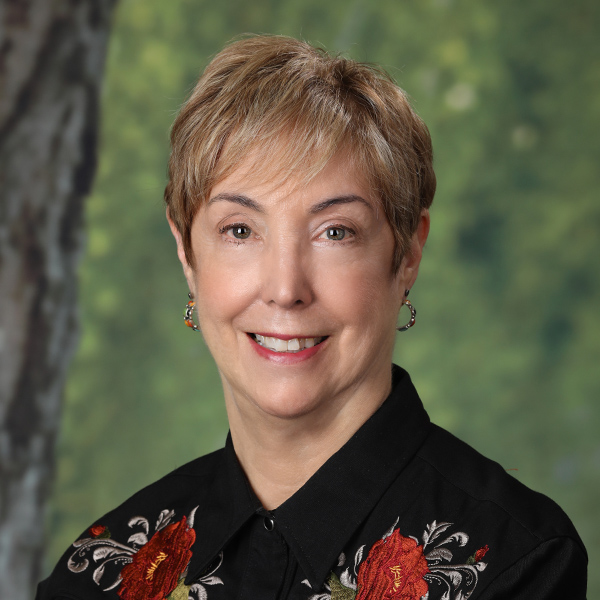Epidemic Panic
The Flu Epidemic of 1918-1919 in NE Wyoming and SE Montana
The 1918-1919 influenza pandemic was caused by an H1N1 virus with
genes of avian origin. There is no consensus regarding where it
originated. It spread worldwide and caused an estimated 50 million
deaths around the world and about 675,00 deaths in the United States.
Mortality was high in people younger than 5 years old, 20-40 years
old, and 65 years and older, per the Centers for Disease Control.
By October 1918 the flu cases were slowly declining in Sheridan,
Wyoming but in the outlying countryside illness was on the increase.
The emergency hospital in Sheridan was still at full capacity on
October 22nd with thirty-two patients.
Prepare your hankie.
January 14, 1919: Jessamine Spear Johnson’s family at the ranch
contracted the flu probably in December. In early January her
husband Will was quite ill. The 1919 diary is the first surviving
diary of twenty-two. I’m assuming she and the children had already
been sick, as she doesn’t mention their illness. On January 14th
she notes that seven of the nearby Odell family were all sick with
the flu with various neighbors coming to assist. Their adult son
Elmer, his wife Helen, and his sister Jessie Odell Addison were very
ill. Jessamine was packing her car to take Will to town and to hire
a nurse when another neighbor Albert Dunn arrived in haste. “Get a
doctor quick,” he yelled. Jessamine wrote “I went as I was, just
grabbed my coat and hat.” She woke Jeanette, the ranch manager’s wife,
to go with her (who had been up most of the night with the Odell’s).
They rushed to the nearest neighbor with a phone, but found that a
doctor had been alerted an hour before and was on his way. Jeanette
and Jessamine then hastened to two more ranches known to have
hired a nurse, but found one gone and the other still nursing the
Hulse family.
.jpg)
A typical homestead log cabin in Kirby, Montana
January 16th: The doctor reported to the community that Elmer Odell
had double pneumonia and Jessie was also seriously ill. Jessamine
drove Will to town as he had relapsed with a high fever. She left
Will in her mother Belle’s care and offered Bud Odell and a Dr. Craddoch
a ride back to Kirby. They left town at 7 p.m., but she returned to
Sheridan to check on Will arriving by 1 a.m.
January 17th: Jessamine secured a nurse, a Mrs. Richardson, and sent
her out to the Odell ranch to assist the doctor. Will was beginning to
recover. The Fergusons called the morning of the 18th, to tell her that
Jessie had died the prior evening. She wrote in her diary, “they sent
the undertaker out for Jessie’s body, but he arrived to find Elmer had
just died too.” Jessamine felt dreadful.
January 19th, Sunday: It was announced to the neighborhood that Elmer
and Jessie would be buried on Tuesday the 21st. The elder Odells had
lost their only son and daughter, leaving them a son and daughter-in-law
with two grandchildren—they and the community were heart broken.
June 7th: The heartache continued as Jessamine and Will attended the
sale at the Odell ranch. The family was moving back east to be near
relatives. Jessamine noted, “Some things bought for more than they
were worth. The cattle sold fine, but the horses not at all.”
In her diary Jessamine slipped a copy of this poem by Lucy A.K. Adee.
A Prayer
Lord, give me grace
When I go from the mountains,
Away from the things
That bring peace to the soul—
Hemlocks and spruces,
Fresh, sweet-smelling balsams,
All green things of earth
Which in beauty unroll.
Peaks in the sunrise,
And peaks in the sunset—
Stars of pure gold
In the clear, silent nights—
Mists full of stillness,
Bright clouds of soft whiteness—
Mystical glowing of far
Northern lights.
Help me I pray,
When these joys are behind me,
When down to the flat lying
City I go,
Take me in spirit
Back, back to the mountains,
To rest in Thy Presence,
And be still and know.
Cowboy Jargon—The Great Divide: The boundary between life and death.
To “cross the great divide” is to die.

Sunset glow on the Bighorn Mountains. (My photo)
